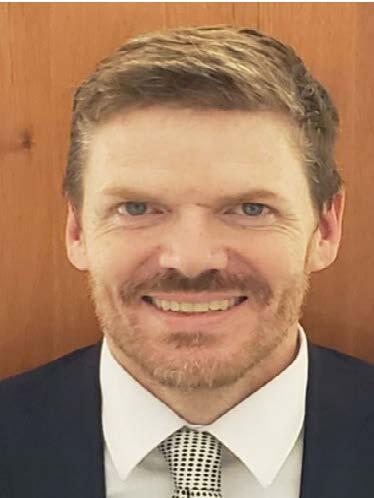
Juvenile Sex Offenders: Navigating Risk of Reoffending and Treatment
-
Register
- Prices available after logging in
On-Demand Webinar Title: Juvenile Sex Offenders: Navigating Risk of Reoffending and Treatment
Live Webinar date: April 21st, 2021
Duration: 93-minute presentation
CLE: This course, originally a live webinar on April 21st, 2021, was recorded for on-demand attendance. The live webinar was approved for CLE credit in certain states; however, NDAA is not responsible for applying for CLE approval or reporting CLE credits for this on-demand webinar. Attendees are responsible for ensuring their state accepts their applications for self-study CLE credits. Upon completion of your on-demand course (video, quiz and survey), you will be able to access a CLE Uniform Certificate of Attendance. If your state accepts self-study credits, you can submit this Certificate and other required materials directly to your state bar. NDAA does not apply for CLE approval for recorded content or report on-demand CLE attendance for this webinar. Attendees must self-submit this course for approval in their home state. All attorneys are responsible for any fees associated with CLE filing. Attorneys seeking CLE credit should contact their state bar associations for more information. General questions or additional information regarding CLE credit can be directed to cle@ndaajustice.org.
Summary: The focus of this presentation is the evaluation and treatment of juvenile sex offenders, or youth with problematic sexual behavior, explained in a way that is useful to prosecutors who must consider risks to public safety as well as the rehabilitation of the juvenile.
Learning Objectives:
1. Learner will understand the association between general criminogenic risk factors and the risk for repeated sex crime offenses in juveniles and the treatability of problematic sexual behavior in youth as compared to adults.
2. Learner will understand different tools for evaluating youth with problematic sexual behavior and obstacles to gaining access to this evaluation.
3. Learner will understand the importance of matching a juvenile sex offender to the correct intensity of rehabilitative programming for the greatest chance of success.
Cost:
Members: Free
Non-Members: Free
If you would like to become a member, please join here!
On-Demand Access:
This webinar was originally recorded on April 21st, 2021, and made available On-Demand for NDAA with the help of OJJDP's NTTAC.
Attribution & Disclaimer:
This project is supported by Grant #2019-MU-MU-K002 awarded by the Office of Juvenile Justice and Delinquency Prevention (OJJDP), Office of Justice Programs, U.S. Department of Justice.
The opinions, findings, and conclusions or recommendations expressed in this publication/program/exhibition are those of the author(s) and do not necessarily reflect those of the Department of Justice.
OJJDP Priorities
•Treating Children as Children
•Serve Children at Home, with their Families, In their communities
•Open Up Opportunities for Young People Involved in the Justice System

Peter Kuhns
Director of Clinical Services and Programs
NC Department of Public Safety in the Juvenile Justice System
Dr. Kuhns is a licensed psychologist and received his doctorate from Forest Institute located in Springfield, MO. He currently lives in Durham, NC with his wife and two young children.
Director of Clinical Services and Programs for North Carolina Division of Juvenile Justice.
•17 years working as clinical psychologist with adjudicated juveniles and incarcerated adults.
•Began career in 2003 working as a substance use therapist at C.A. Dillon Youth Development and then remained at this facility for the next 7 years serving as both a staff and senior psychologist.
•Clinical director for Lenoir Youth Development until he accepted his current position in early 2020.
•Worked with youth who have engaged in sexually abusive behavior as both individual therapist, group therapist, assessor, and court-appointed expert witness in pre-dispositional hearings.